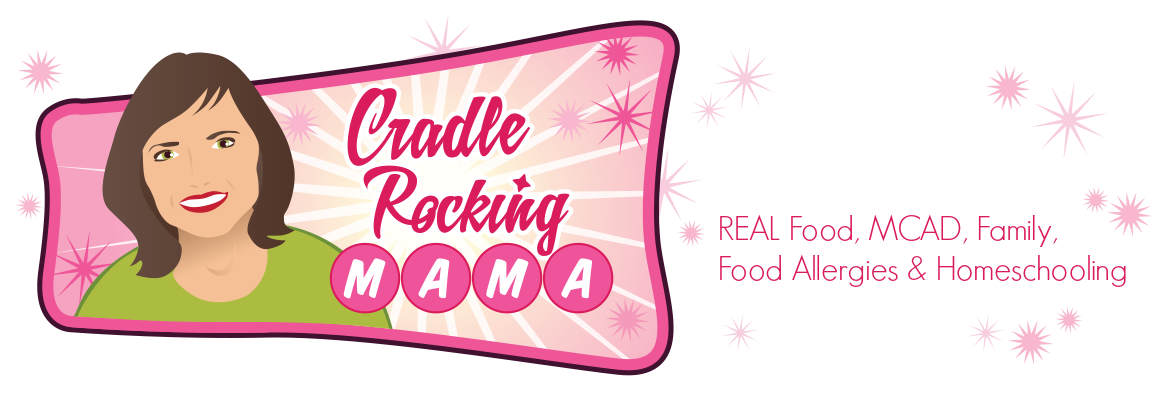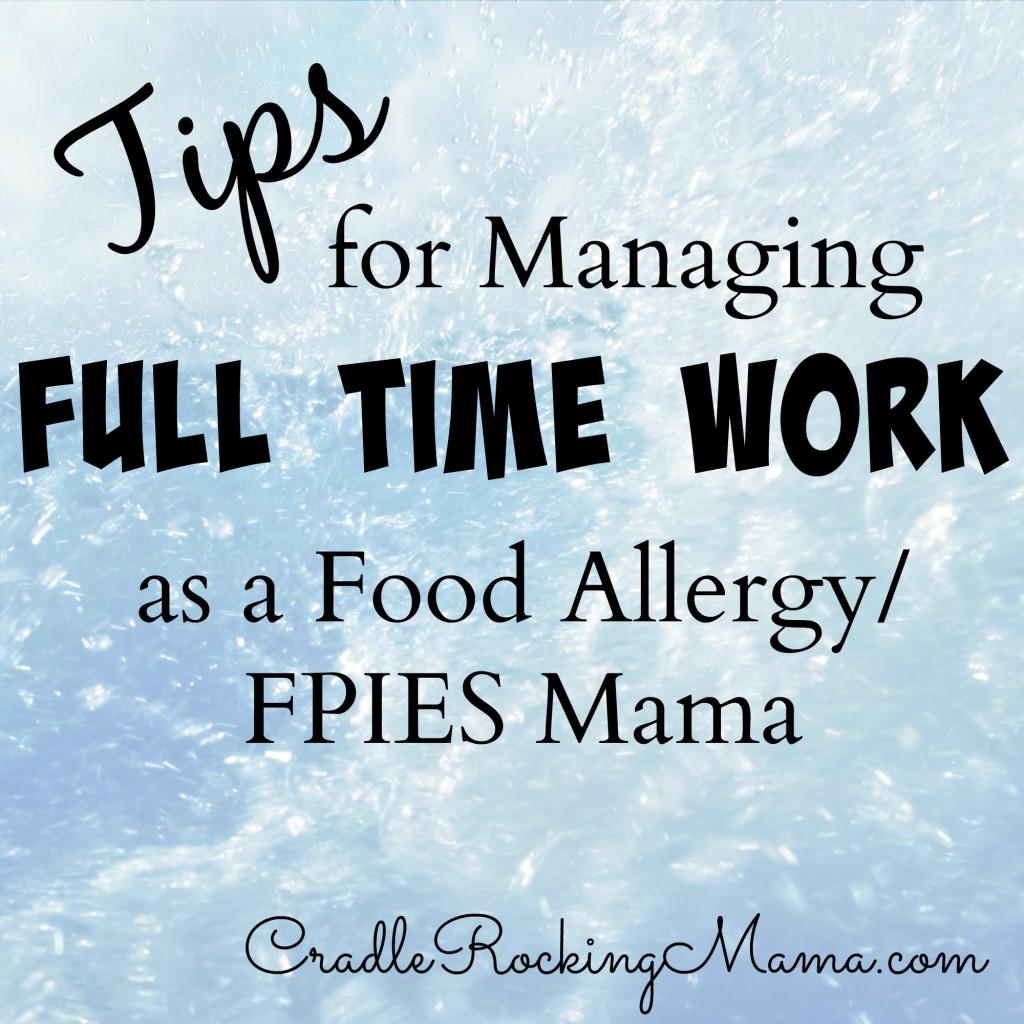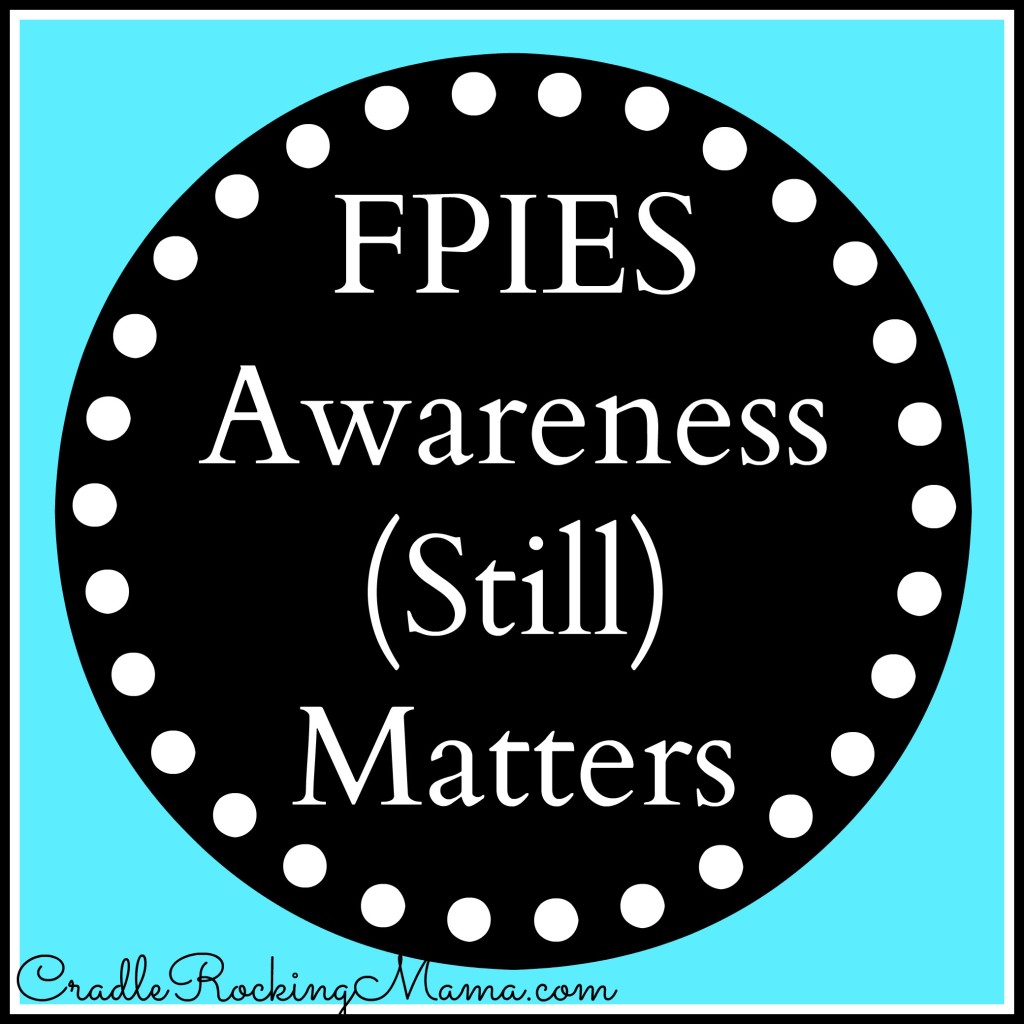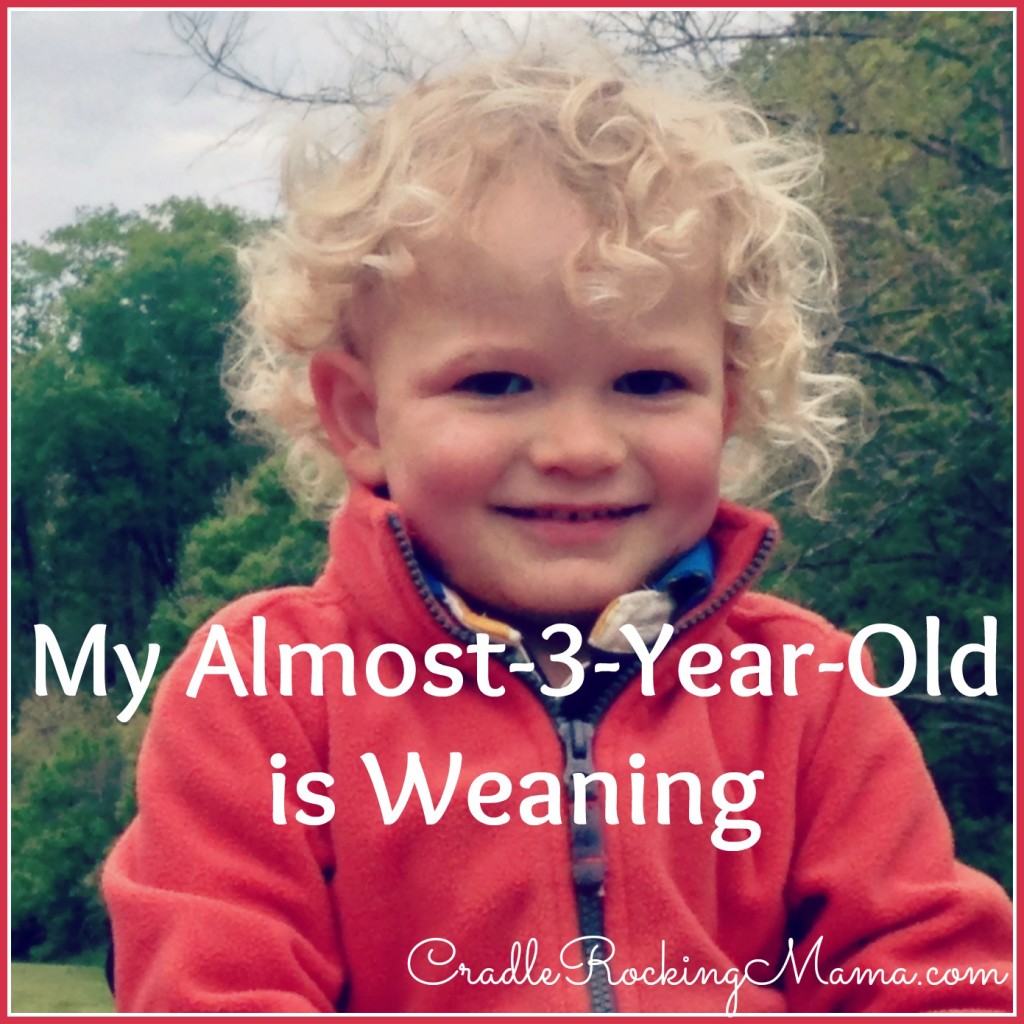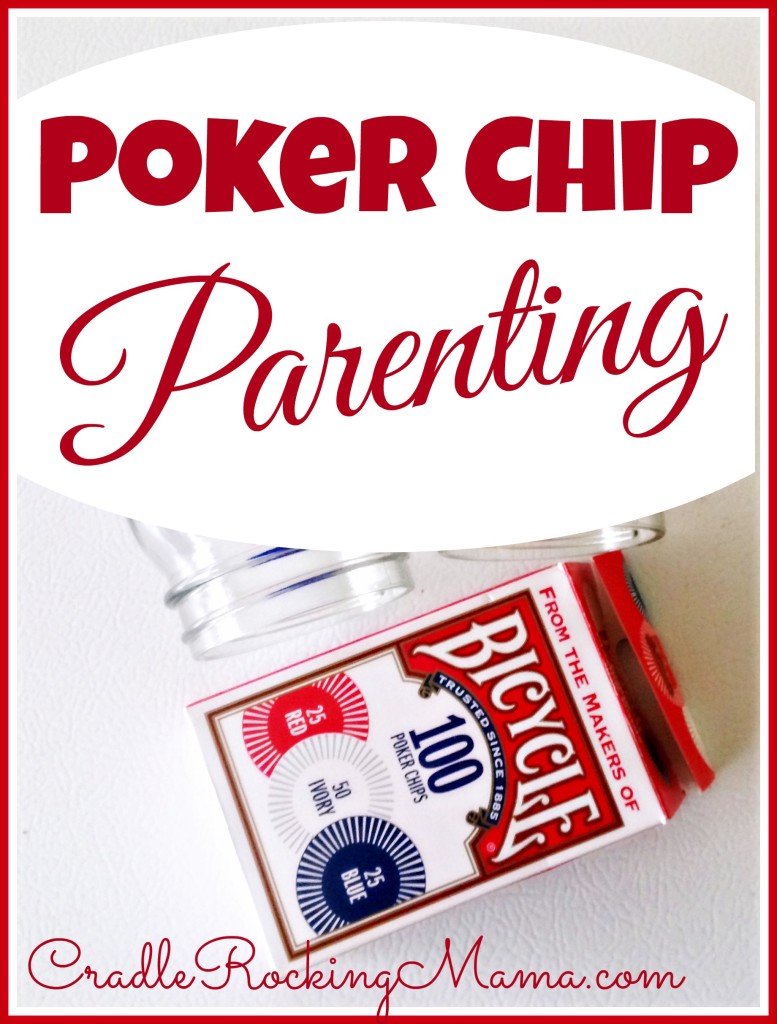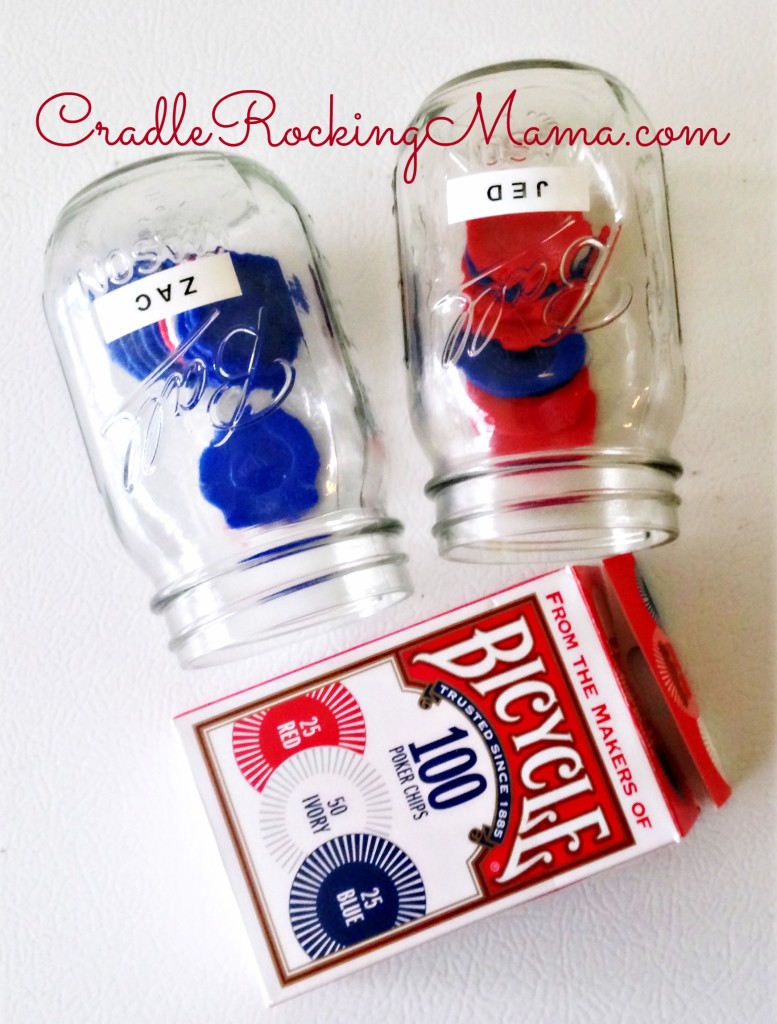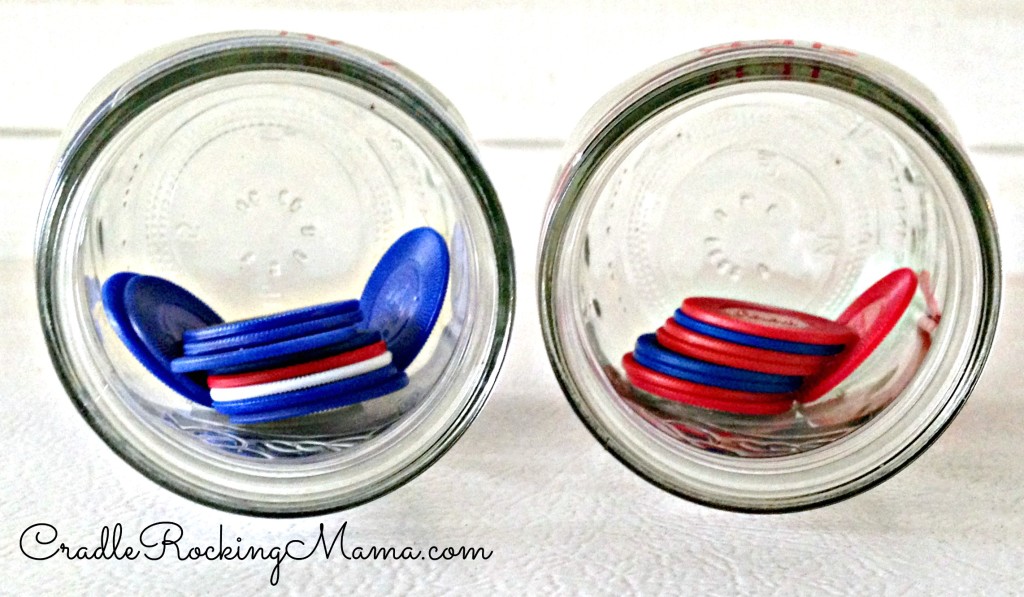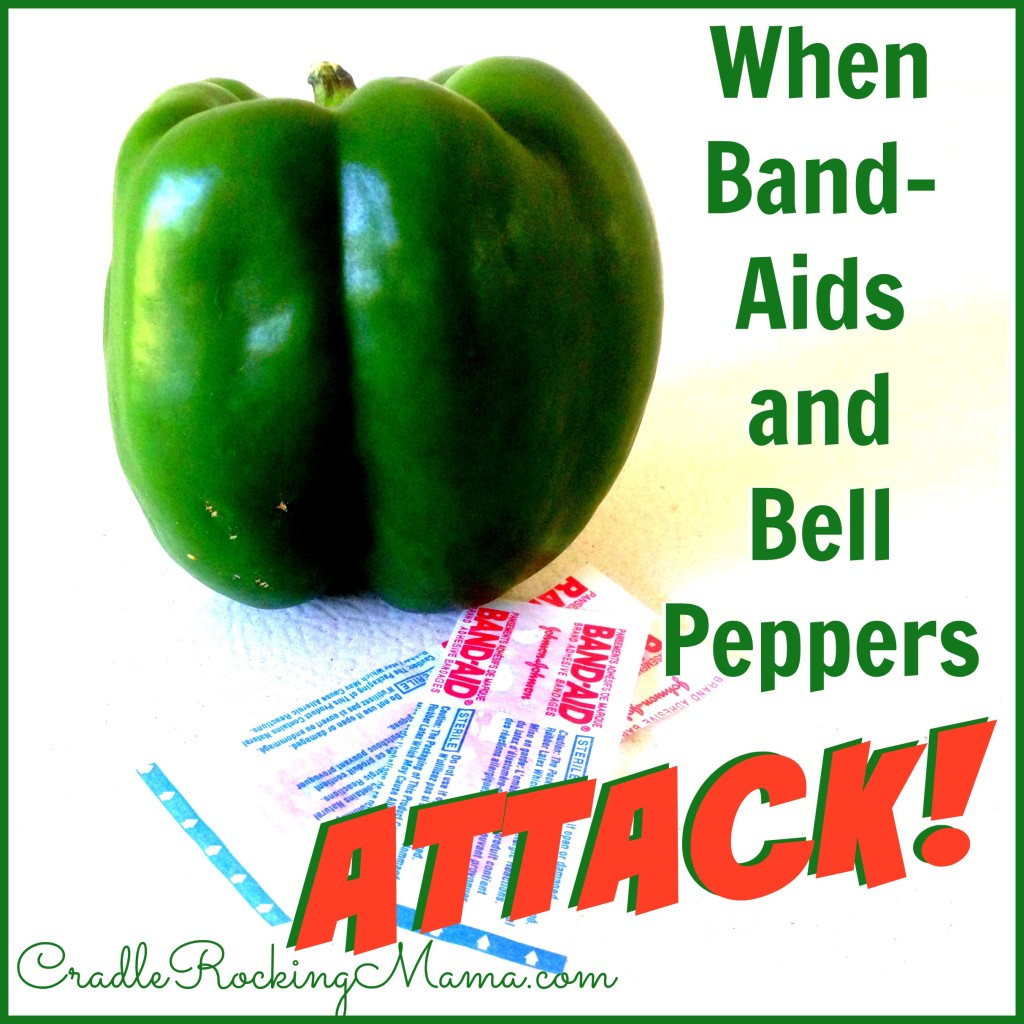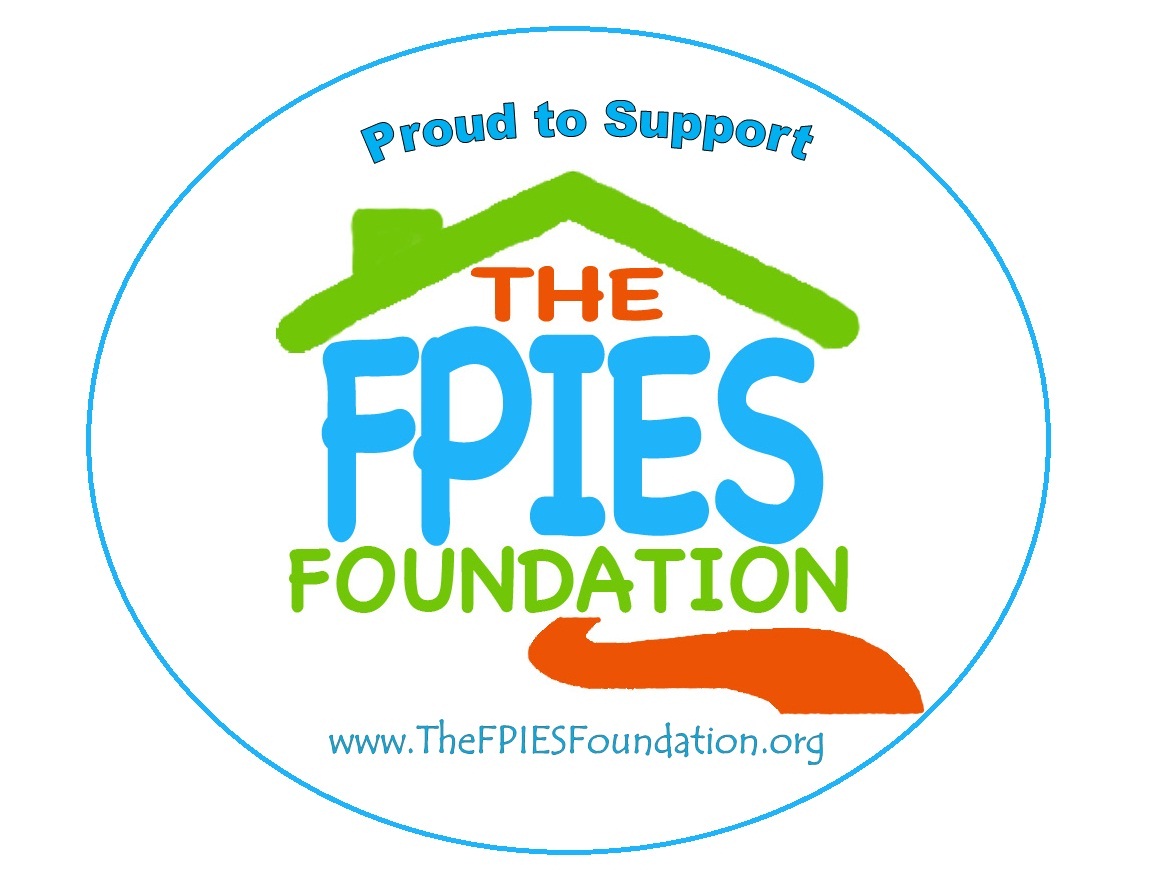One year ago this month I went back to work full time. Prior to that, I was essentially a full-time SAHM.
With two years as a SAHM and one year as a working Mama, I can now see how each situation changes my parenting in general, and how each influences my ability to cope with food allergies, food intolerances, FPIES, and our other myriad food issues.
The short of it?
Being a working mom stinks.
Now, don’t get me wrong: I’m not trying to spark another SAHM/Working Mom debate. This conclusion is not brought about by how work affects my parenting abilities, but solely because of how difficult it is to manage my children’s food issues while also working full time.
When your children have extreme food issues, paying attention to what they eat and how they behave as a result is imperative. There’s just no way to avoid the simple truth: if you aren’t there, face to face with your child, you can’t do that.
Even with my excellent childcare (my parents and husband), reports about what the kids ate and how they are acting are just that: reports. Subtle signs, nuances, and my own ability to form a gut-instinct “feel” for what my children are going through are missed by only hearing about things via verbal reports.
That makes it very hard to determine whether one of my kids is having a reaction, and if so, what they are reacting to. It takes a greater amount of thought, energy, and detective work to get to the bottom of things now than when I’m there to observe every bit of their lives 24/7.
My parents and my husband are all extremely good at taking care of my kids. I would be lost without them.
As good as they are, though, they aren’t me.
I’m not claiming I care about my children more or take care of them better. The simple fact is that since the very beginning, I’ve been the “point man” for learning about my kiddos food issues. I’ve probably read millions of words on these subjects. As much as I try to tell my family everything they need to know about FPIES, MSPI, IgE allergies, Fructose Malabsorption, Salicylate Sensitivity, and Histamine Intolerance, I cannot possibly tell them every single scrap of information I have learned.
Consequently, there are times when things happen that I would have immediately known what/why/how (or avoided the situation entirely) but my parents or Darrel didn’t have a clue. Not because they don’t care or are poor caretakers, but simply because I know more than them.
That’s a fairly common situation, I’ve seen. In most families, one parent/family member takes on the role of primary caregiver/advocate, filling in the other family members as they go.
It made sense for me to take on that role in the beginning, since I was at home full time and Darrel was working. Going back to work, though, means our primary caregiver/advocate is “out of pocket” for the daily nitty-gritty.
That is stressful for me. I don’t like knowing something happened when I’m at work that I could have prevented if I were there, or if I’d thought to tell that little, tiny factoid to my parents or Darrel.
The good news is that all of my kiddos caretakers love them enormously and are as dedicated and diligent as they can be. So even with those small lapses in knowledge-sharing, we haven’t had too many issues.
The stress from this arises solely because as the Mommy, I never want my kids to experience even the slightest bit of unpleasantness, discomfort, or pain. So the occasional “oops” moment just kills me to hear about when I’m thousands of miles away, helpless to do anything for my children.
On a more practical level, the logistics of managing food allergies, the continuing TED (Total Elimination Diet), and our daily lives while working are complicated and overwhelming at times.
The amount of cooking required to keep my family fed well is far greater than that of typical modern Americans. Even now, when we are finally able to have occasional meals where we all eat the same thing, I can easily spend 5-6 hours per day prepping food in the kitchen.
When I am gone frequently for work, that means that I must “cook ahead” as often as I can for both my food at work and for food for the kids when I’m gone.
When I was a SAHM, all this cooking was certainly work, but I still had down time in which to relax and enjoy my family. With working, down time is harder to come by. To paraphrase an old adage, all work and no play makes Mama a little cranky!
From these last few years I have decided that if your child has food allergies, FPIES, or food intolerances, the maintenance and care of your children will be much easier to bear if one parent can stay at home full time.
Learning to live this life, and actually living it, is essentially a full time job all by itself.
However, as the food allergy life is incredibly expensive, I’m well aware that may not be an option for many food allergy families (like ours).
For those families for whom having a SAH parent is not an option, here the best 8 pieces of advice I have for how to make life possible when managing severe food allergies and full time work:
- Don’t have a single “point man”. Decide from the beginning that both parents, or all primary caregivers, will engage in message boards, read the literature, and attend all doctors appointments. Spread the knowledge around!
- Keep good records. Having a way to officially track everything your child eats and their behavior in a written format makes it easier to have the child transition from one caretaker to another while still keeping them safe, and allows you to continue food trials. Read more about record keeping here.
- Embrace freezer cooking. Plan for 1-3 days at home per month where you cook non-stop all day and prep meals for easy serving later on. You don’t have to eat only freezer meals, but having at least ten meals ready to go in the freezer will be a welcome stress reliever and schedule-saver on days when you simply don’t have time to cook.
- Be flexible. While you may want to trial a certain food at a certain time, the overall schedule of the family and work schedules may mean that food is too risky to trial at that time. Be willing to adjust your trial schedule based on the whole families needs. This is hard, because it feels like you are not putting your kiddos needs first, and no mother ever wants to feel that way. However, this is actually putting your child first; making sure you have the proper time and resources to engage in a trial is the best thing for your child. The last thing you want is a reaction when you are not able to be there for them.
- Hire a house cleaner if you can. Having someone else take care of dusting, mopping, bathroom cleaning, and even laundry could be an absolute life-saver for working food allergy moms. It’s not always in the budget, but if you can afford it, it is well worth it. (I’ve only been able to hire a house cleaner twice in the last three years, but both times I wished I could afford them to come by every month!)
- Outsource. You may not be able to hire a house cleaner, but you can certainly check on Amazon.com for items you use regularly and set their purchase up on auto-delivery. Ten items purchased that way means you don’t have to remember to buy them at the grocery store! Ask friends and neighbors for help; if there is something that won’t take much effort on your part but they’re willing to do something that will be a huge time-suck for you in exchange, make the deal! Any way you can get help from someone or automate something in your life will be a huge blessing.
- Eliminate extracurriculars. While we all love for our kids – and sometimes ourselves – to enjoy activities outside the home, removing as many of those outside demands is necessary to keep food allergy lives afloat. Jed loved tee ball, and so did the rest of the family, but I promise you those 6 weeks were a LOT harder for us as a family than the time before and after. If tee ball was a year round activity, I would have to seriously consider quitting it.
- Remember to STOP on occasion. Working full time, managing complicated food needs and medical issues, and maintaining the rest of life (bill paying, house keeping, other kiddos needs, spouses needs, etc.) is a ton of work; it could easily run anyone down. While I do encourage you to eliminate any non-essential extracurriculars, taking a day or two per month to do something fun and relaxing with your family will help remind you exactly why you are doing all that crazy hard work. Go play at the park for an afternoon. Fly kites. Head to a museum on a discount day. Decide to stay home and have a camp out in the back yard. Find something fun and frivolous you can afford to do as a whole family and do it. We all need occasional fun, and it’s important to help your family feel as normal as possible.
I’m sure there are things I’m forgetting, but those are some of the things we’ve been doing (or wish we had done) to help make working ‘work’ for us. Since we need my income to buy our expensive foods, I don’t foresee being a SAHM again for many, many years…if ever.
The last thing I want to do while working so hard for my family is to lose my mind – or my family – in the process.
What are your best tips for managing the demands of food allergies, food intolerances, FPIES, or other complicated food/medical issues while working full time?
